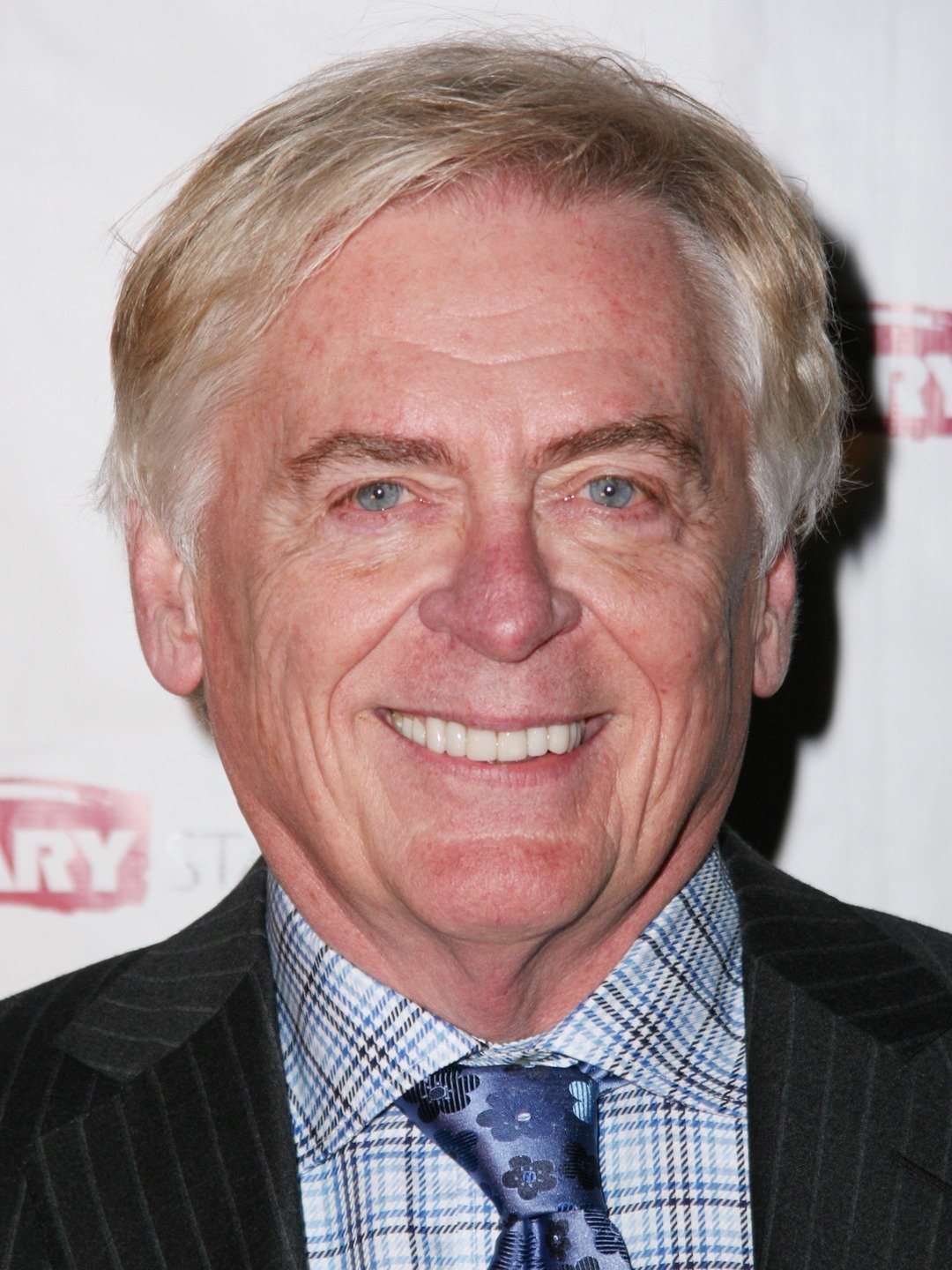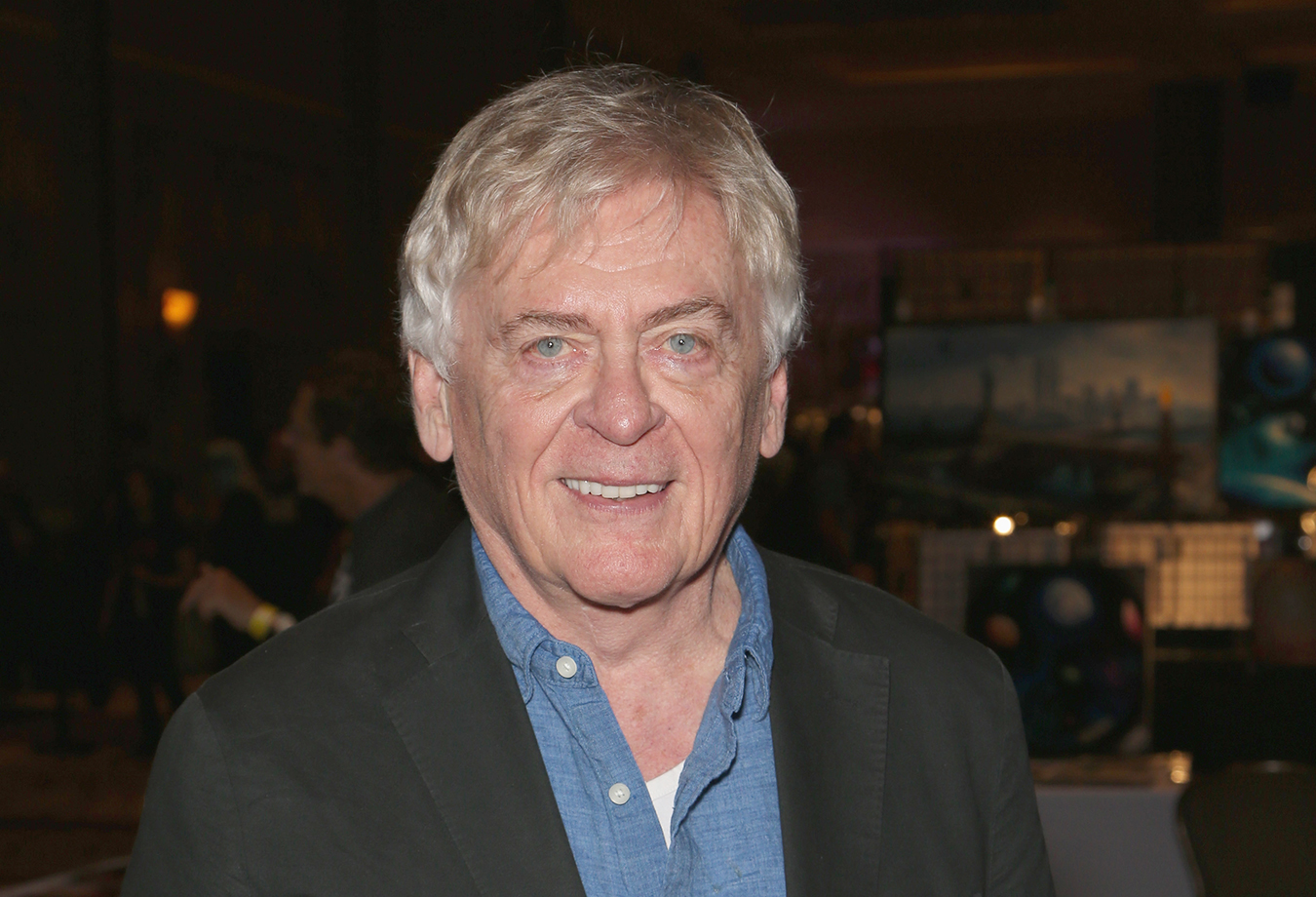Daniel Davis Controversy: What You Need To Know
Could a dissenting voice truly be silenced within the corridors of power, and what does this say about the state of free expression in the face of geopolitical tensions? The decision to withdraw Daniel Davis's nomination for a high-ranking intelligence position, due to his views on the Israeli-Palestinian conflict, raises profound questions about the boundaries of acceptable discourse in contemporary politics.
The narrative surrounding Daniel Davis, a man of diverse talents and experiences, has become intricately woven with the complex tapestry of international relations, specifically concerning the ongoing conflict between Israel and Palestine. The saga began when Tulsi Gabbard, the Director of National Intelligence, made a pivotal decision. She opted against appointing Davis to a crucial role overseeing briefings for the President. This decision, which sparked a ripple of controversy, stemmed from Davis's perceived stance on the war in Gaza.
The ensuing storm of criticism and debate was amplified by Davis's previous statements on the matter, particularly concerning his perspective on the armed conflict. Davis, a seasoned observer and analyst, had formulated views that didn't align with certain political factions, particularly those with strong allegiances to Israel. This ultimately led to a challenge to his nomination for the position of Deputy Director of National Intelligence for Mission Integration.
- Hope Solo Career Stats Amp Records Soccer Legend
- Lou Diamond Phillips Net Worth Family Relationships All You Need To Know
| Category | Details |
|---|---|
| Full Name | Daniel Davis |
| Date of Birth | November 26, 1945 |
| Age | 79 years old |
| Place of Birth | Gurdon, Arkansas (Implied) |
| Profession | Actor, Former Army Lieutenant Colonel, Fellow at Defense Priorities |
| Notable Roles | Niles the Butler in "The Nanny," Professor Moriarty in "Star Trek: The Next Generation" and "Star Trek: Picard" |
| Education | (Information not readily available) |
| Military Service | Retired Army Officer |
| Controversy | Withdrawn nomination for Deputy Director of National Intelligence due to views on the Israeli-Palestinian conflict. |
| Reference | Wikipedia |
Born on November 26, 1945, Daniel Davis has lived a life encompassing diverse experiences. However, it is the events and decisions surrounding his potential role in the intelligence community that have recently placed him in the spotlight. He is an American actor, most recognized for his portrayal of Niles the butler in the popular sitcom "The Nanny," a role he played from 1993 to 1999. His talent extended beyond television, as he also made memorable guest appearances as Professor Moriarty in "Star Trek: The Next Generation" and later reprised the role in "Star Trek: Picard."
Davis's career, however, is not solely defined by his acting roles. Before entering the entertainment industry, he served as an officer in the United States Army, adding a layer of military expertise to his background. He has also been a Fellow at Defense Priorities, a think tank focusing on defense policy, further demonstrating his analytical and strategic acumen.
The context of his nomination unfolded against a backdrop of heightened global tensions and sensitive geopolitical considerations. The timing of his proposed appointment, coupled with his established views on the Israeli-Palestinian conflict, became a crucial factor in the ensuing debate.
- Barbara Bushs Marriage To Craig Coyne A Deep Dive Into Their Life
- Who Is Courtney Mazza Everything About Mario Lopezs Wife
The issue of his nomination gained significant traction, with several prominent Republicans expressing reservations and opposition. This opposition, which appeared to coalesce around his stance on the Israeli-Palestinian conflict, ultimately influenced Tulsi Gabbard's decision. The potential for Davis to be appointed was met with strong resistance because of what was perceived as his neutral approach to the conflict and how he presented the attacks carried out by Hamas.
His background as a retired army officer and his current role as a Fellow at Defense Priorities provided him with a unique perspective on matters of national security and foreign policy. In his previous role, Davis was disturbed by what he perceived as a program of official deception surrounding the progress of the war in Afghanistan. He shared his observations and concerns, sending a detailed report to the Department of Defense Office of Inspector General in 2012.
This background helped to inform his perspective on the Israeli-Palestinian conflict, ultimately leading to the contentious situation surrounding his nomination. Davis's views, which were considered by some to be critical of certain aspects of the conflict, attracted the attention of those who strongly supported Israel. This created a complex situation, making the process of his nomination a sensitive matter.
The influence of external pressure and political considerations on the decision-making processes within the intelligence community raises important questions about the independence and objectivity of these institutions. The case of Daniel Davis serves as a case study that compels a thorough examination of the interplay between ideology, national security, and free expression.
The opposition from numerous republicans highlights the deep divide surrounding the Israeli-Palestinian conflict within the American political landscape. This particular dispute illustrates how political considerations and external pressure can intersect with issues of national security.
The decision to rescind the nomination was not made in a vacuum. It came after a significant amount of pressure from lawmakers and others who voiced their strong support for Israel. The incident showcases the complex dynamics at play and emphasizes how geopolitical issues can have a direct impact on the professional and personal lives of individuals within the U.S. intelligence community.
The role of actors within the entertainment industry in broader social and political conversations continues to evolve. Daniel Davis, best known for his comedic role as Niles the butler on "The Nanny" and his dramatic turn as Professor Moriarty in "Star Trek", finds himself at the center of a complex intersection of politics, diplomacy, and free speech. He demonstrates an ability to navigate the realms of art, intellectual thought, and the intricacies of global politics.
The debate also touched upon the issue of speech restrictions, specifically those concerning criticism of Israel on school campuses. This point was raised in conjunction with the release of a Palestinian student from Columbia University, further connecting the ongoing debates surrounding the Israeli-Palestinian conflict.
The case also highlights the broader debate on the acceptable limits of criticism, particularly as it relates to sensitive geopolitical issues. This discussion includes the question of how to balance free expression with the need to maintain diplomatic relations.
The actor's career started in the early 1940s, a period marked by World War II. Following the end of the war, technological advancements such as the jet engine and radar spurred rapid advances in space travel and air transport. This historical backdrop underscores the ever-changing dynamics in which Davis has lived and worked.
Davis's professional life has seen him transition from stage to screen, encompassing roles that have brought him both recognition and affection. The role of Niles in "The Nanny" earned him widespread recognition, and his appearances in the "Star Trek" franchise demonstrate his ability to take on complex character roles.
The situation raises concerns about the potential impact on free speech and whether individuals with differing views on sensitive topics will be able to serve in prominent positions. The case prompts a broader look at the relationship between political views, national security, and the right to express opinions.
The withdrawal of his nomination ignited a range of reactions and opinions within both political and public circles. Editorial director of responsible statecraft kelley vlahos defended Davis after his nomination was rescinded, emphasizing the importance of protecting diverse viewpoints.
Davis's case has raised critical questions about the role of dissenting voices, the parameters of free expression, and the influences that shape key decisions in national security. The story remains ongoing and warrants continued scrutiny and open discussion.



Detail Author:
- Name : Mrs. Rubie Schulist II
- Username : gziemann
- Email : trever.nienow@gmail.com
- Birthdate : 1992-06-25
- Address : 547 Sasha Estates North Charlotte, MS 56873-6964
- Phone : (862) 589-3192
- Company : Murazik, Breitenberg and Barton
- Job : Rail Car Repairer
- Bio : Possimus cum voluptates libero suscipit. Est aut alias veritatis. Enim ut et molestiae consectetur distinctio.
Socials
instagram:
- url : https://instagram.com/rdare
- username : rdare
- bio : Totam cumque at qui et. Officiis velit qui officiis libero quam facere fuga.
- followers : 4825
- following : 2477
tiktok:
- url : https://tiktok.com/@roderick_dev
- username : roderick_dev
- bio : Enim numquam rerum laborum. Dolore accusantium est voluptas et odio.
- followers : 4520
- following : 455
linkedin:
- url : https://linkedin.com/in/roderick5094
- username : roderick5094
- bio : Et enim doloribus ipsam omnis.
- followers : 3478
- following : 1848
twitter:
- url : https://twitter.com/roderick_dare
- username : roderick_dare
- bio : Tempore nostrum quisquam possimus distinctio omnis dolores. Aspernatur distinctio id in ut. Quia sint similique voluptate.
- followers : 1361
- following : 200